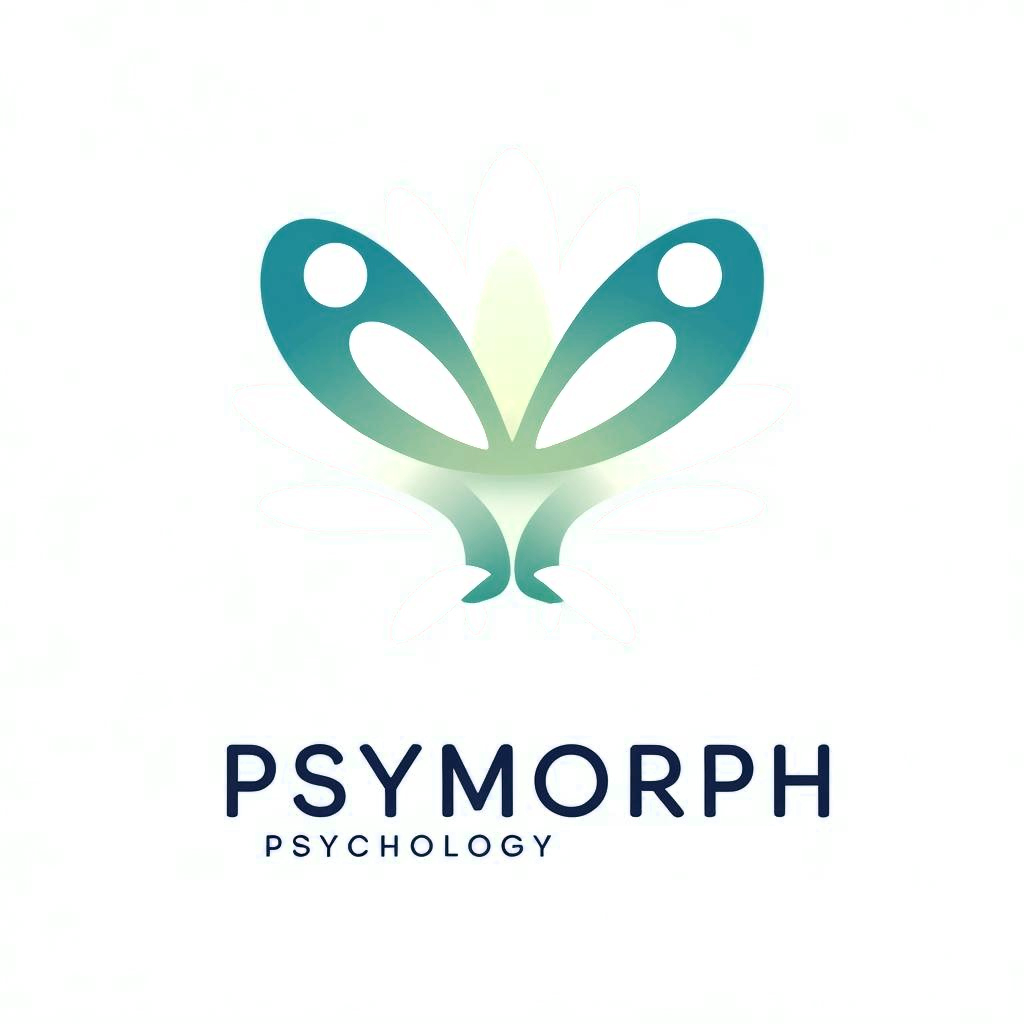ADHD and Social Challenges in Childhood
When we think about Attention-Deficit/Hyperactivity Disorder (ADHD), difficulties with attention, focus, and impulsivity often come to mind. However, one of the less discussed – but deeply impactful – aspects of ADHD is how it can affect a child’s social development.
Much of what children learn about socially appropriate behaviour is not formally taught. Instead, they pick it up naturally by observing others and adapting to social situations. For this to happen, certain parts of the brain related to social understanding need to develop in line with a child’s age. In children with ADHD, these areas often mature more slowly. As a result, they may struggle to learn and apply social skills, even when parents and teachers try to guide them.
These challenges often become most visible in the playground or classroom, where peers quickly notice differences in social behaviour. A child with ADHD may stand out as “different,” sometimes attracting negative attention. Unfortunately, this can lead to rejection, bullying, or isolation. Paradoxically, the loneliness and lack of friendships can drive a child to act out even more—playing the role of the “class clown” or behaving provocatively to gain attention.
Children with ADHD may also be described as “socially blind,” meaning they find it hard to read the unspoken rules of social interaction. For instance, they might interrupt a group conversation or barge into a game without noticing that others are already engaged. Where other children learn to watch, wait, and listen before joining in, a child with ADHD may rush forward impulsively, unintentionally disrupting the flow.
Another common trait is behaving in a way that seems self-centred or “bossy.” This isn’t because the child doesn’t care about others, but because their social maturity lags behind. They may insist on deciding what game to play, frequently change the rules, or struggle with the give-and-take that friendships require. This immaturity can frustrate peers and further strain relationships.
The good news is that with the right support, children with ADHD can learn and grow in their social abilities. Social skills training, structured play, and therapeutic support can help them understand cues, practise patience, and develop empathy. Just as importantly, creating environments where they feel accepted and supported can reduce the cycle of rejection and acting out.
Reference: Selikowitz, M. (2009). ADHD (The Facts Series). Oxford University Press.

